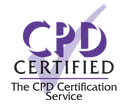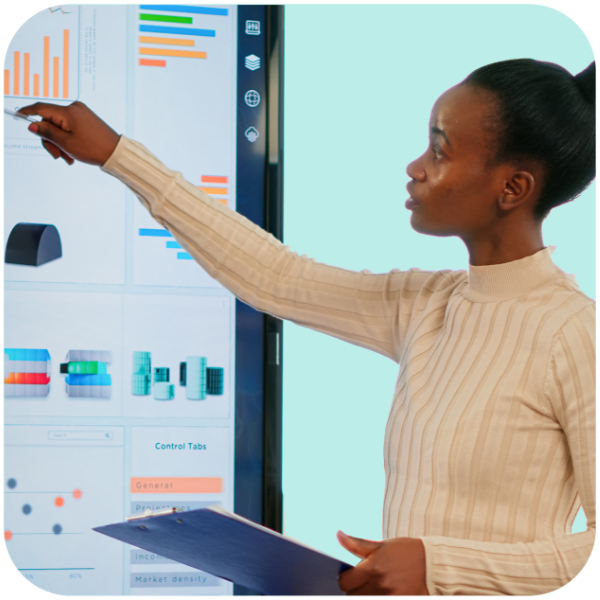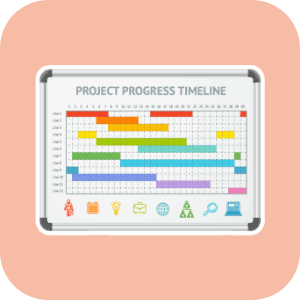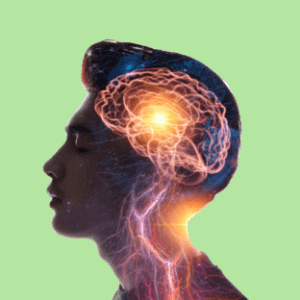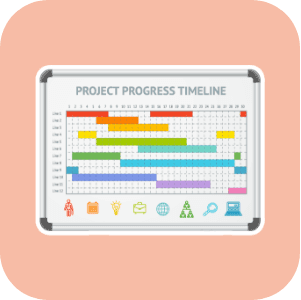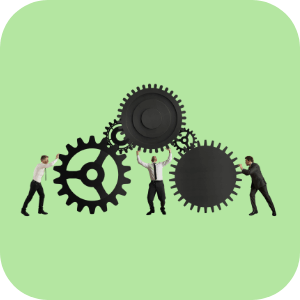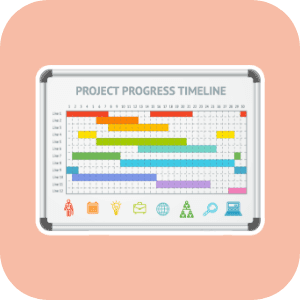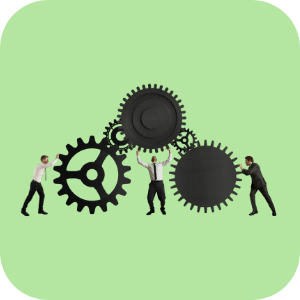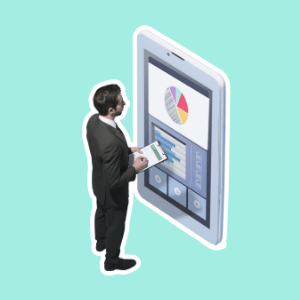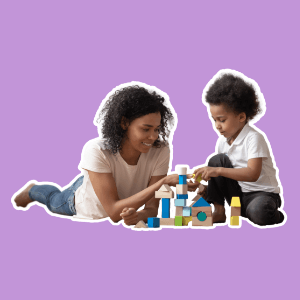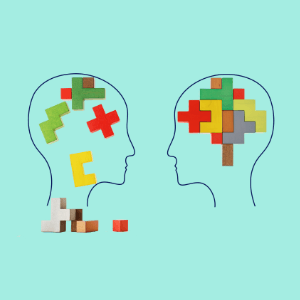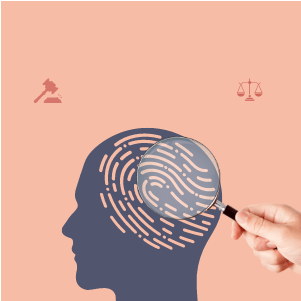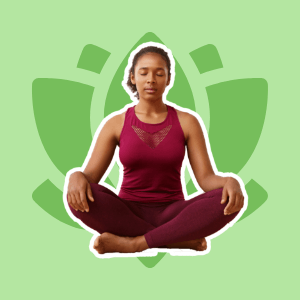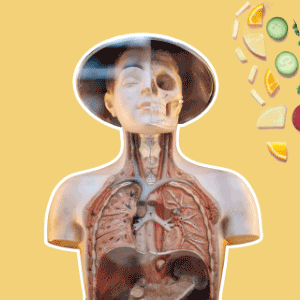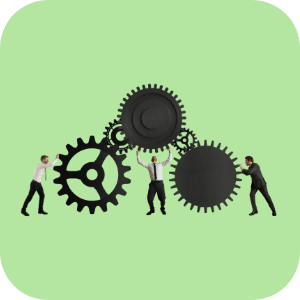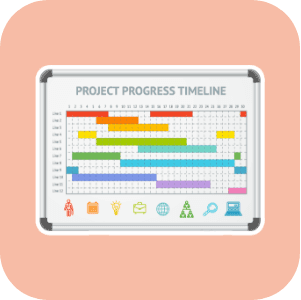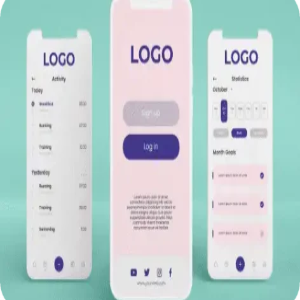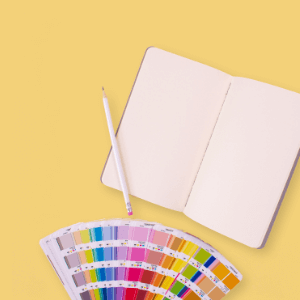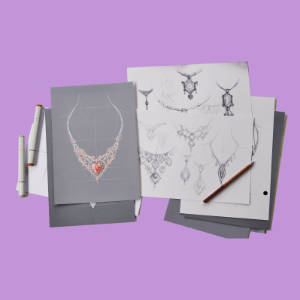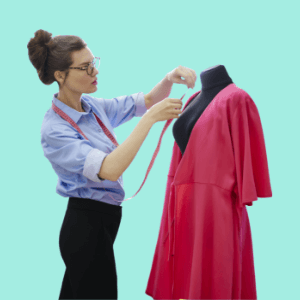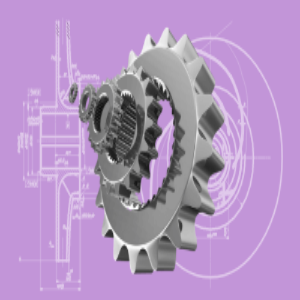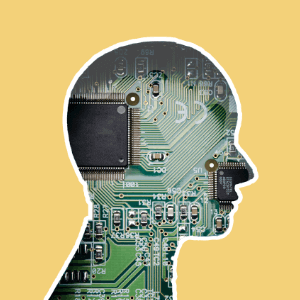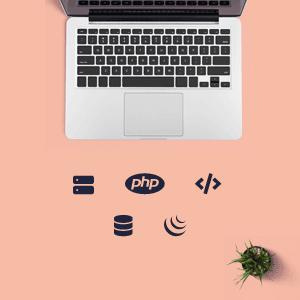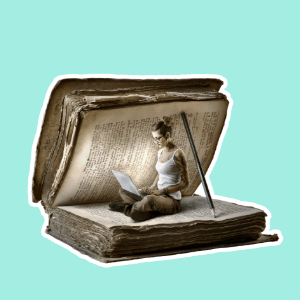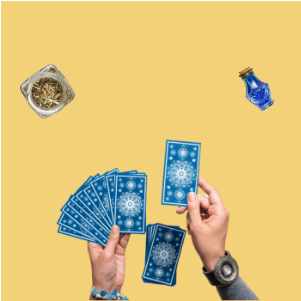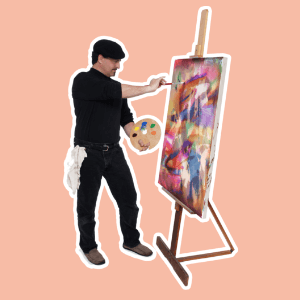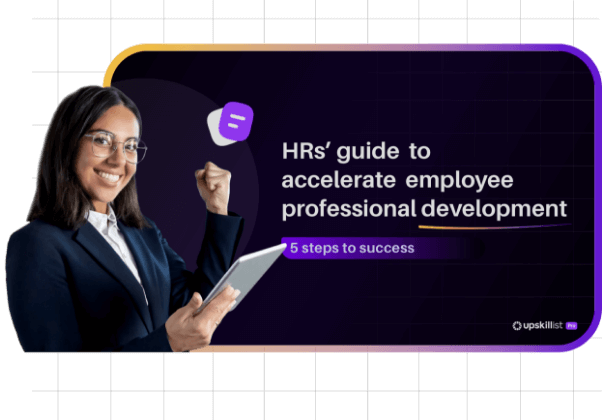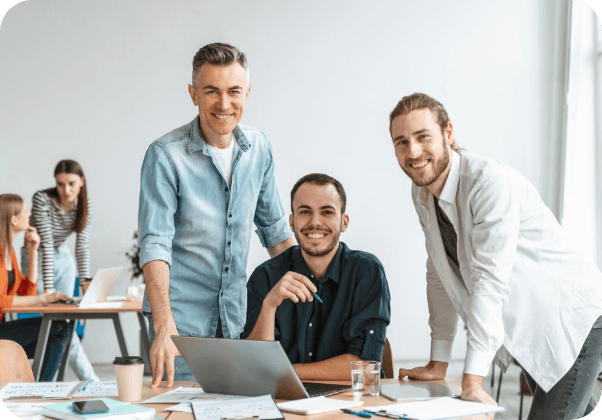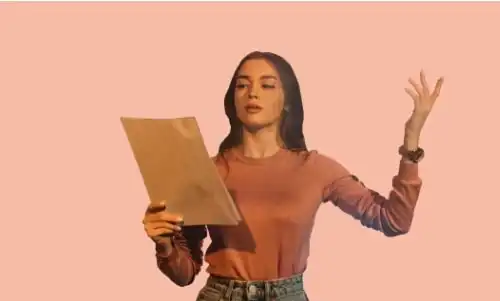
Learn the basics of
Acting and Theatre
This course aims to distill the skills, understanding and information that you will acquire from in a three year university course, into 4 Modules. In each lesson you will gain understanding of the theory behind the technique, you will see it in action and you will have opportunity to put it into practice for yourself. All 4 Modules aim to instill in you a passion for the craft and most definitely, we aim to have a lot of FUN!!!
7.2K
Graduates
All levels
Certified

Course details
MODULE 1
Diploma in Acting and Theatre
MODULE 1
Diploma in Acting and Theatre
1.Lights, Camera, Action!
In this lesson, we will start with the most basic principle of acting namely how to relax and breathe correcly. We will then try our hand at physicality on stage/camera and discover the key to doing this believably. The students will choose a monologue which they will be working on for the next 7 weeks. At the end of the lesson, the students will have practically tried and failed and tried and succeeded at doing a few physical exercises on camera.
2.What's My Motivation?!
This lesson will elaborate on breathing and incorporate effective voice production. We will then explore our thinking patterns and take a look at how to harness them to add to and not subtract from our performances. By the end of the lesson you will have discovered through trial and error how your thinking influences your monologue performance.
3.Given the Circumstances...
This lesson will start off with relaxation exercises to reduce tension in the voice before we move on to your monologues. We will now start analizing the given circumstances of the scene and explore how they influence the interpretation of the written text. We will read between the lines and discover how this new understanding changes our monologue performance at this stage.
4.Magic IF
This lesson we will start off with relaxation exercises for the body and then we will venture into the creative land of the Magic IF. This is the hinge on which most of our character development will hang.
5.It's Logical Dear!
Lesson 5 starts off with focusing on the mucles of the face and the articulation organs. We learn to better control them and how to eliminate undue stress. Then we move on to exploring the concept of logic and how it comes to bear on my creative process.
6.Don't Fake it 'Til You Make it
This lesson starts off with warm-up and relaxation exercises and then we explore the emotions behind the words of our monologues until we come up with creative thoughts that enable us to portray them authentically.
7.Imagination: Character Acting
In this lesson, we warm-up with fun theatre games and then we move on to deepening the attributes of our monologue character with the use of our imagination.
8.Genre
After the warm-up in this lesson, we jump back into our monologue and explore the setting and background using our imaginations and the other tools learnt so far. After this lesson and only if you decide to continue to Module 2 will you gain access to upload your final recorded monologues to the Facebook group for alumni and to give and receive feedback.
MODULE 2
Intermediate in Acting and Theatre
MODULE 2
Intermediate in Acting and Theatre
1.Stanislavski vs Meisner
We will be applying the physical technique from Module 1 to everything we explore in this Module. In this lesson we will take a look at the key similarities between these 2 techniques and finding ways to apply them to arrive at a deeper interpretation of the work.
2.Learning Lines Fast
In this lesson, we will focus on various methods of learning lines. We will tak a look at what some famous people do and discover what works for us.
3.Focus: Circles of Attention and Public Solitude
Stanislavski devised a language for focusing on stage and this technique is explored and applied. This is the second part of Stanislavski's system that centres on focus on stage or camera. By the end of this lesson, you will have an excellent understanding of how to remain focused on stage or camera.
4.Truth and Belief
In this lesson, we will explore the elements that seem to make a scene and a preformance seem truthful and how we can make ourselves and the audience believe in what we are doing.
5.Communion
Communion refers to the chemistry that develops amongs the actors in a scene and also how the audience is included in that communion. We will explore how to create and sustain that, in this lesson.
6.Adaptation
At the end of this lesson, we will be able to answer the question: "How do I do it?" How do I bring the elements identified intellectually into practical manifestation on stage/camera.
7.Emotion Memory
These elements drive the tension in a scene and we will dissect how they function and find a workable method of application.
MODULE 3
Advanced in Acting and Theatre
MODULE 3
Advanced in Acting and Theatre
1.Timing
This lesson will focus on this vitally important comedic element. We will gain understanding of it's operation and apply it to situations to achieve comedic effect.
2.Rhythm
This element of comedic acting will be explored and dissected with tenacity until we are able to wield it at will.
3.Tempo
This lesson will bring enlightenment about the importance of tempo in comedy and we will discover how to use it to manipulate the outcome of a moment.
4.Set-up and Punchline
This lesson will teach you how to structure a moment for maximum comedic effect.
5.Comedic Personality
In this lesson, we are going to uncover a secret to comedic acting - our unique comedic personality.
6.Deadpan
In this lesson, we will be exploring deadpan as a comedic delivery method and experiment with it in terms of our comedic personality.
7.Outrage
This delivery method and its application to our comedic personality is explored in this lesson.
8.Laughter and Corpsing
How to harness these unpredictable elements to achieve heightened comedic effect is explored in this lesson.
MODULE 4
Proficient in Acting and Theatre
MODULE 4
Proficient in Acting and Theatre
1.Improv: Rules and Uses
In this lesson, you will be introduced to the dos and don'ts of improvisation, and how and why they work.
2.Improv and Building Confidence
In this lesson, we are going to explore confidence building improv exercises and concepts and apply them in various settings.
3.Improv and Improving Focus
Improvisation is a useful tool to improve focus and attention span. We will investigate this aspect by experimenting with it in different scenarios.
4.Improv and Developing a Character
Improv as a tool to develop and explore a dramatic character is investigated in this lesson.
5.Workshopping Principles
Workshopping as a key to unlocking creativity is investigated and practiced in this lesson.
6.Workshopping a Character
Applying the elements discovered in Lesson 5 to creating a character with or without a script is our focus in this lesson.
7.Workshopping a Scene
Using the same elements to unlock creativity for crafting scenes is our project in this lesson.
8.Workshopping Comedy
The contribution of workshopping technique to developing comedy is investigated and put into effect in this lesson.
